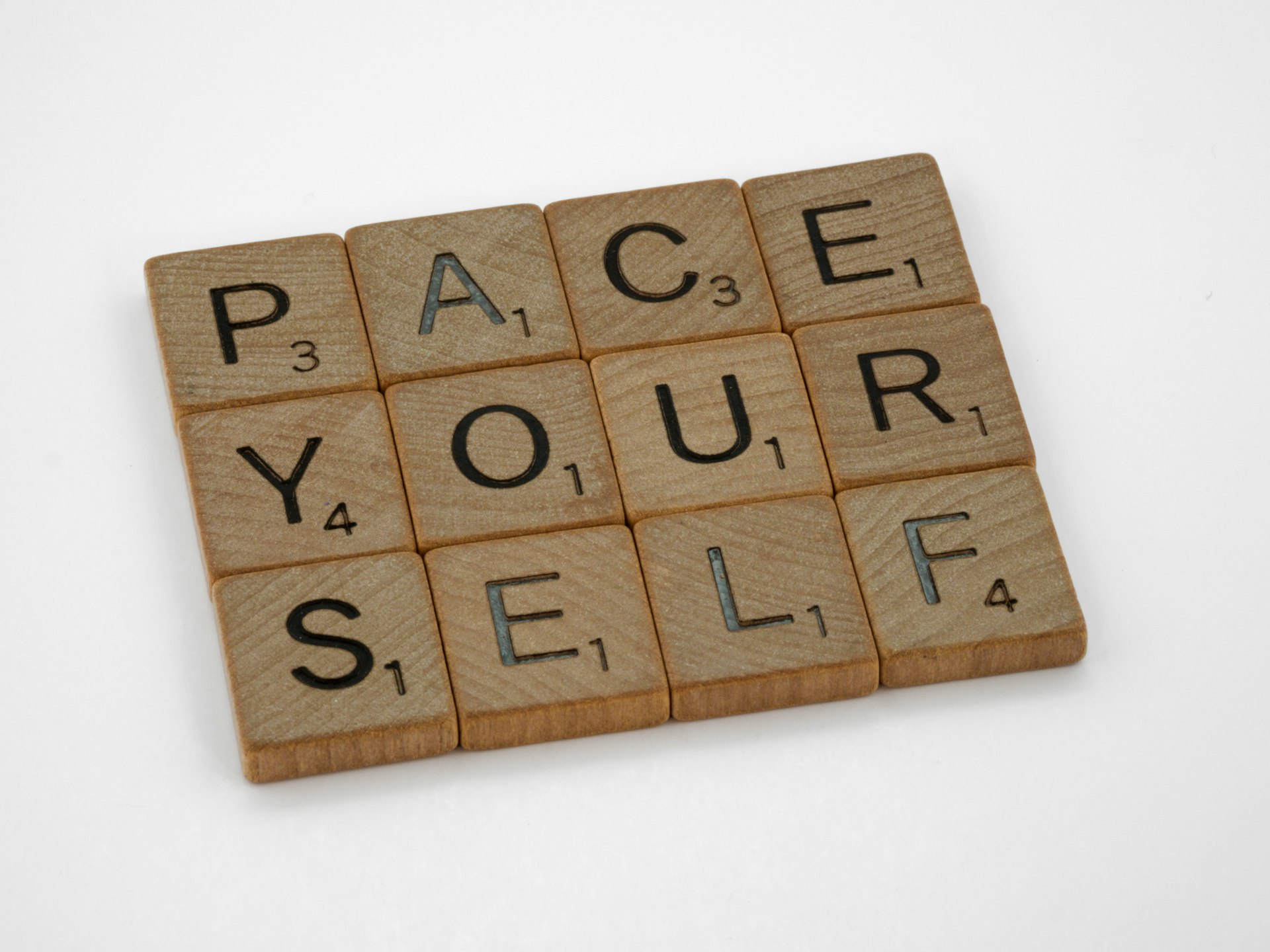Transform Your Day: Actionable Lifestyle Practices for Emotional Intelligence

Photo by Alexas_Fotos on Unsplash
Introduction to Emotional Intelligence in Daily Life
Emotional intelligence (EI) is more than a concept-it is a lifestyle approach that enhances your ability to understand and manage emotions, build meaningful relationships, and foster personal well-being. By integrating emotional intelligence practices into your daily routine, you can unlock deeper self-awareness, improve social interactions, and navigate challenges with resilience. This guide provides comprehensive, actionable steps and examples to help you cultivate emotional intelligence in every aspect of your life.
Understanding Emotional Intelligence: The Foundation
At its core, emotional intelligence involves recognizing, understanding, and managing your own emotions, as well as empathizing with others. Key elements include self-awareness, self-regulation, motivation, empathy, and social skills. These components are essential for healthy relationships, effective communication, and overall well-being. [3] Developing EI is a process that requires commitment and practical lifestyle adjustments.
Building Self-Awareness: Journaling and Mindfulness
Journaling is a powerful tool for self-discovery and emotional awareness. By regularly documenting your thoughts and feelings-even for just five to ten minutes a day-you can uncover patterns in your emotional responses, identify triggers, and gain clarity about your needs. Start by noting how you felt in different situations and what events prompted strong reactions. [2]
Mindfulness practices such as focused breathing or present-moment observation help you stay grounded and prevent overwhelming emotions. Allocate 2-3 minutes daily to mindful breathing or guided meditation. This habit calms your mind, increases self-awareness, and supports better emotional regulation. [3]
Implementation Steps:
- Set aside a specific time each day for journaling and mindfulness.
- Use prompts like “What emotion dominated my day?” or “How did I respond to stress today?”
- Track your progress with mood apps or emotion charts to celebrate growth.
Empathy and Active Listening: Building Deeper Connections
Empathy is the ability to understand and share the feelings of others. Practicing empathy strengthens relationships and creates a supportive environment. Activities such as Listening Pairs and Empathy Walks are excellent for developing these skills. In Listening Pairs, two people share experiences while the other listens without judgment, fostering mutual understanding. [1]
Empathy Walks involve partnering up and discussing personal challenges, with each person reflecting on what they learn about the other’s perspective. These methods promote open communication, compassion, and trust.
Implementation Steps:
- Arrange regular check-ins with friends, family, or colleagues using Listening Pair prompts.
- Schedule Empathy Walks-physical or virtual-to share experiences and reflect together.
- Practice active listening: focus fully on the speaker, ask clarifying questions, and avoid offering solutions unless requested.
Feedback Circles: Cultivating Growth and Openness
Feedback Circles provide a safe space for individuals to exchange constructive feedback and gain insights into their behavior and impact on others. [1] Participating in these circles builds self-awareness, encourages vulnerability, and enhances communication skills.
Implementation Steps:
- Form a small group committed to positive, respectful feedback.
- Take turns sharing observations and listening with an open mind.
- Reflect on feedback received and identify actionable improvements.
Gratitude Sharing: Fostering Positivity and Mindfulness
Expressing gratitude is a science-backed practice that increases emotional intelligence, optimism, and social bonds. Activities like Gratitude Roulette and collaborative “Gratitude Murals” encourage daily appreciation and shift focus from challenges to positives. [1]
Implementation Steps:
- Start or end your day by writing down three things you are grateful for.
- Share your gratitude with others-send a note, say thank you, or create shared appreciation projects.
- Join or initiate group activities where gratitude is regularly expressed.
Feelings Forecasting and Mind Mapping: Preparing for Emotional Challenges
Feelings Forecasting involves anticipating emotional responses to upcoming situations. By reflecting on past experiences and brainstorming alternative reactions, you can better prepare for challenges and react with calmness and empathy. [1]
Emotion-Based Mind Mapping uses visual diagrams to explore feelings, triggers, and connections. Mapping your emotions helps you identify patterns, make informed decisions, and increase self-awareness.
Implementation Steps:
- Before major events, visualize possible emotional scenarios and practice responses.
- Create mind maps that chart emotions, triggers, and outcomes from past experiences.
- Review and update your mind map regularly to track progress and growth.
Positive Affirmations: Rewiring Your Mindset
Daily positive affirmations can reshape your thinking, boost self-esteem, and foster resilience in the face of adversity. [1] Statements like “I am capable,” “I trust myself,” and “I attract positivity” encourage constructive thought patterns.

Photo by Markus Winkler on Unsplash
Implementation Steps:
- Write a list of affirmations that resonate with your goals and values.
- Repeat them aloud each morning or during challenging moments.
- Display affirmations in visible places-workspaces, mirrors, or digital reminders.
Tracking Progress and Overcoming Challenges
Consistency is key to embedding emotional intelligence practices into your lifestyle. Use tools like emotion tracking apps or journals to monitor growth. Recognize that setbacks are part of the journey, and celebrate each improvement. Seek feedback from trusted individuals and adjust strategies as needed. [2]
If you face persistent challenges, consider professional support-such as counseling or coaching-to deepen your emotional skills. Many reputable online therapy platforms offer guidance and resources for emotional development. [3]
Accessing Emotional Intelligence Resources and Support
To expand your emotional intelligence toolkit, search for verified resources from established mental health organizations, universities, and coaching platforms. For guided meditations and mindfulness practices, reputable sites like HelpGuide provide free materials and expert advice. [3]
If you are interested in group activities or workshops, contact local community centers, professional development organizations, or mental health associations for opportunities. Use search terms like “emotional intelligence workshops near me” or “mindfulness training programs” to find relevant services.
Key Takeaways for Everyday Emotional Intelligence
Integrating emotional intelligence into your lifestyle is a transformative journey. Practice self-awareness through journaling and mindfulness, forge deeper connections with empathy and feedback, celebrate gratitude daily, and empower yourself with positive affirmations. Monitor your growth, embrace challenges, and tap into verified resources for ongoing support.
By choosing to make emotional intelligence a daily priority, you invest in your personal and social well-being-and inspire those around you to do the same.
References
MORE FROM mumsearch.com













